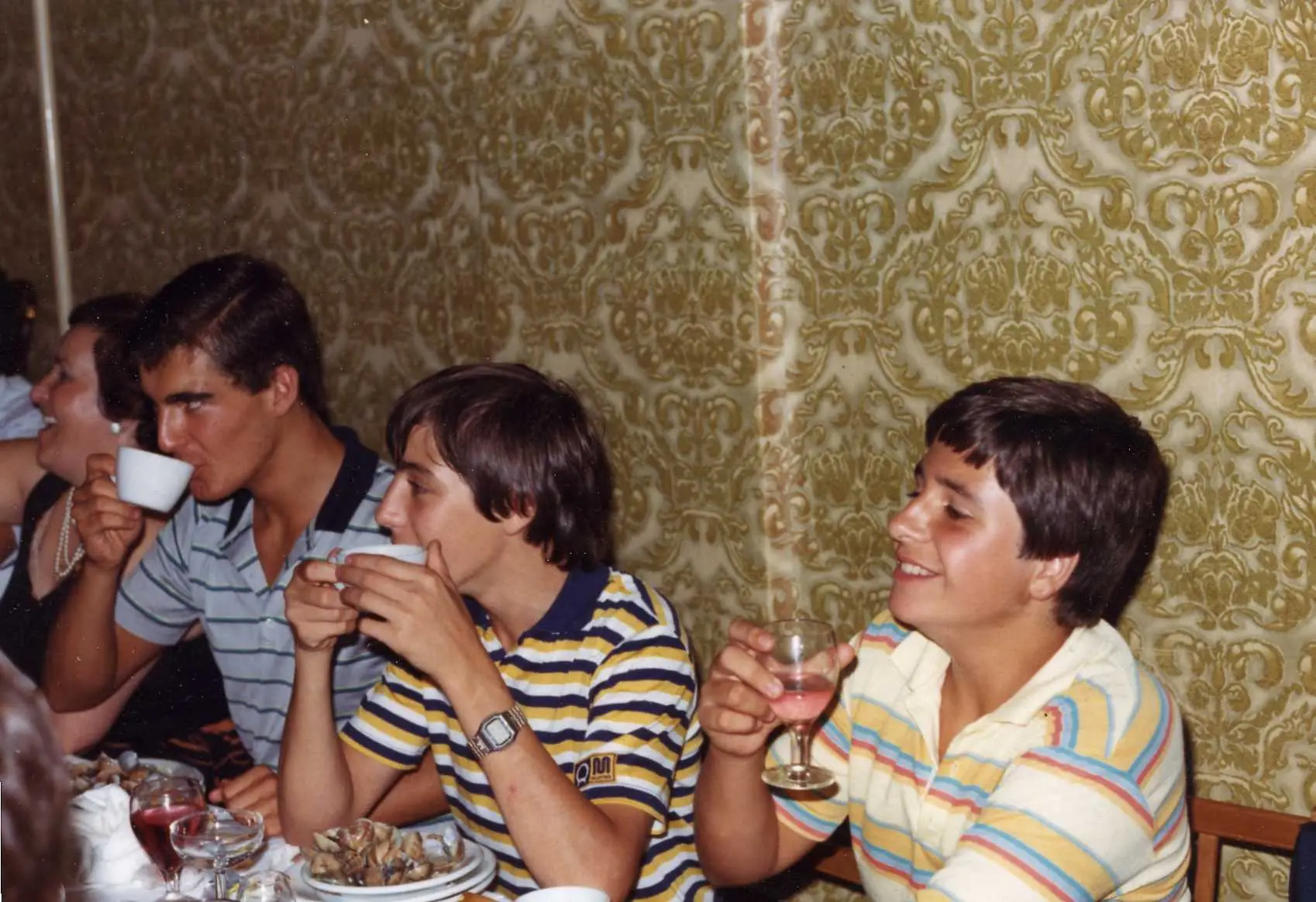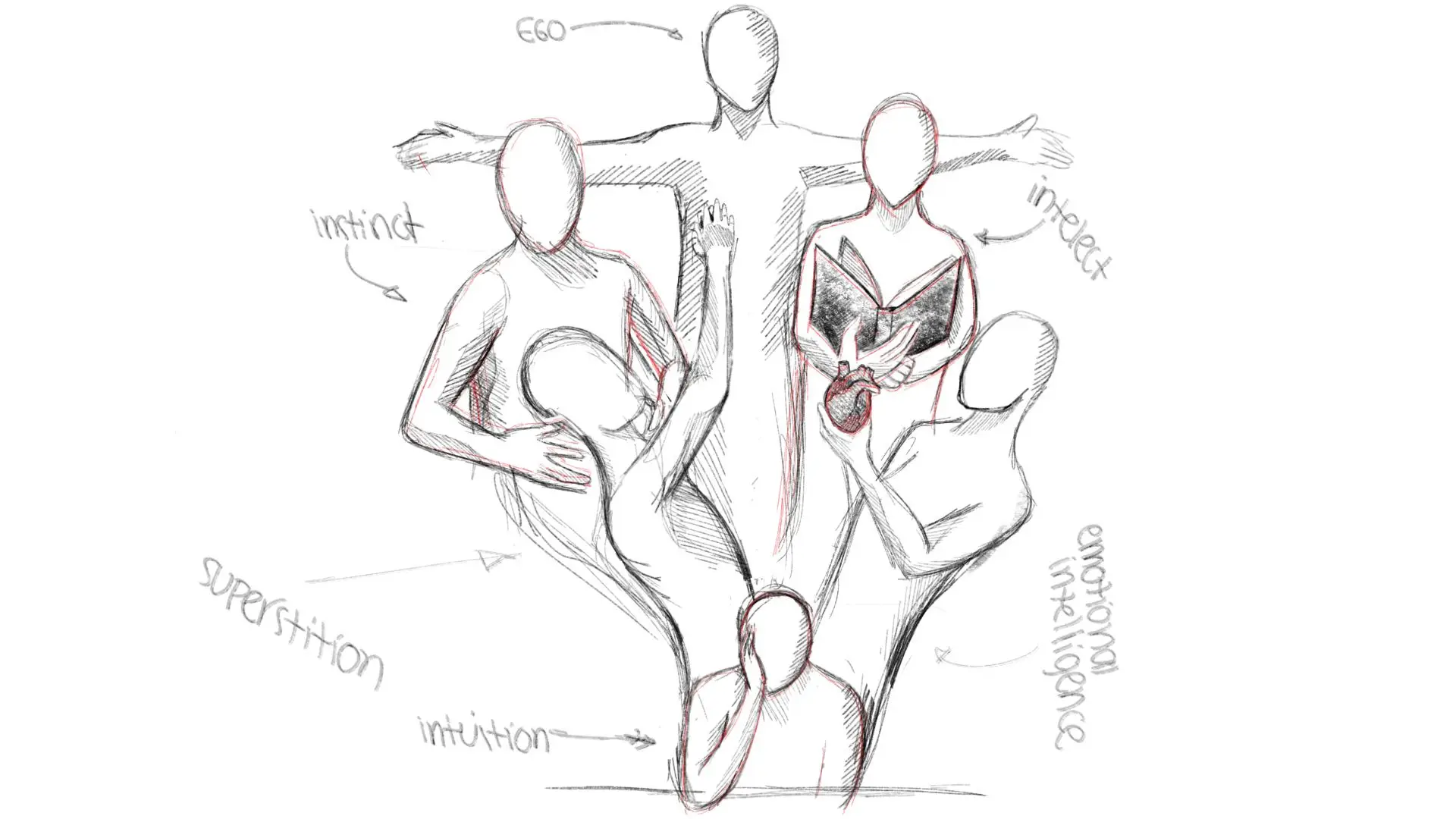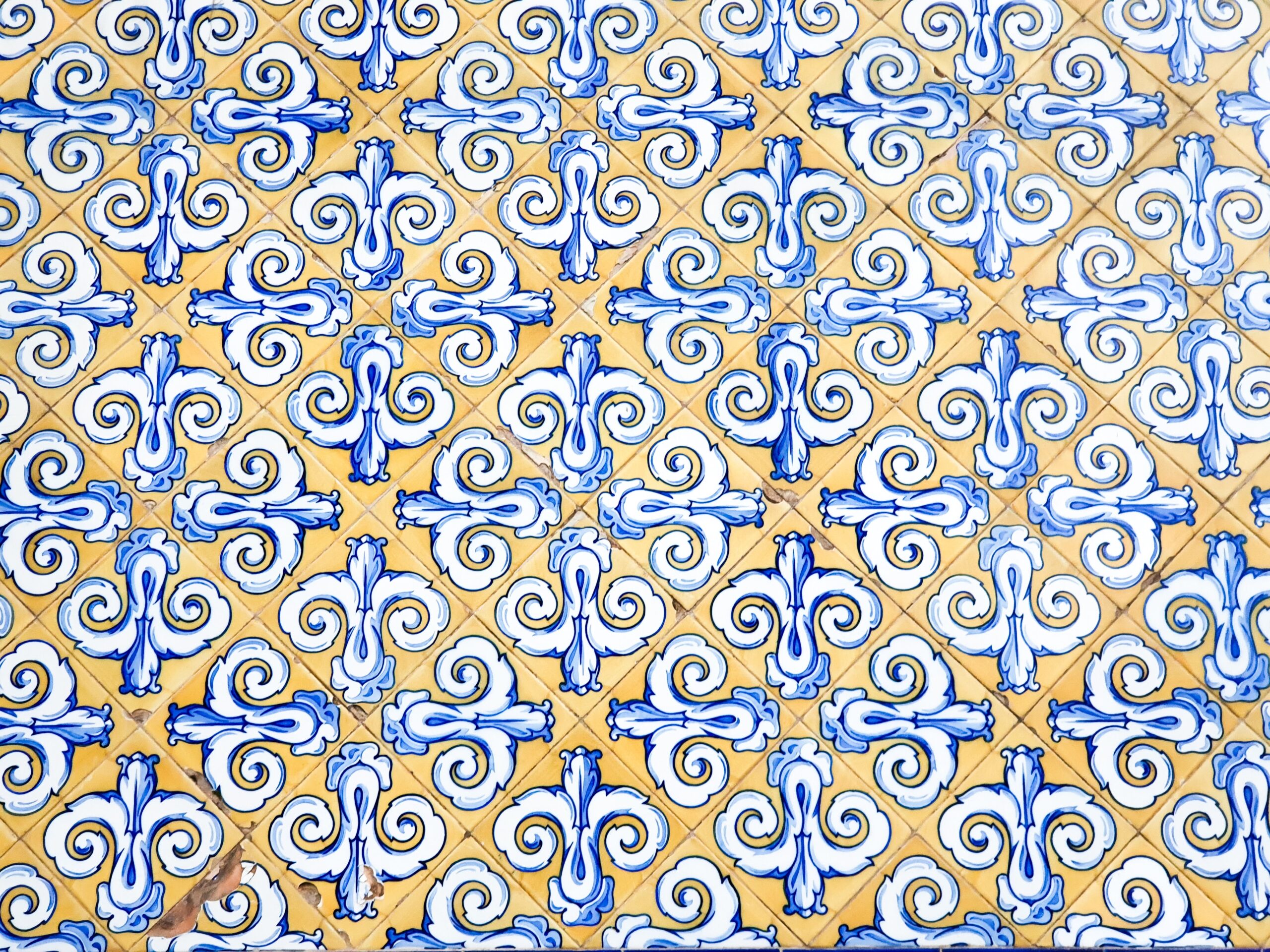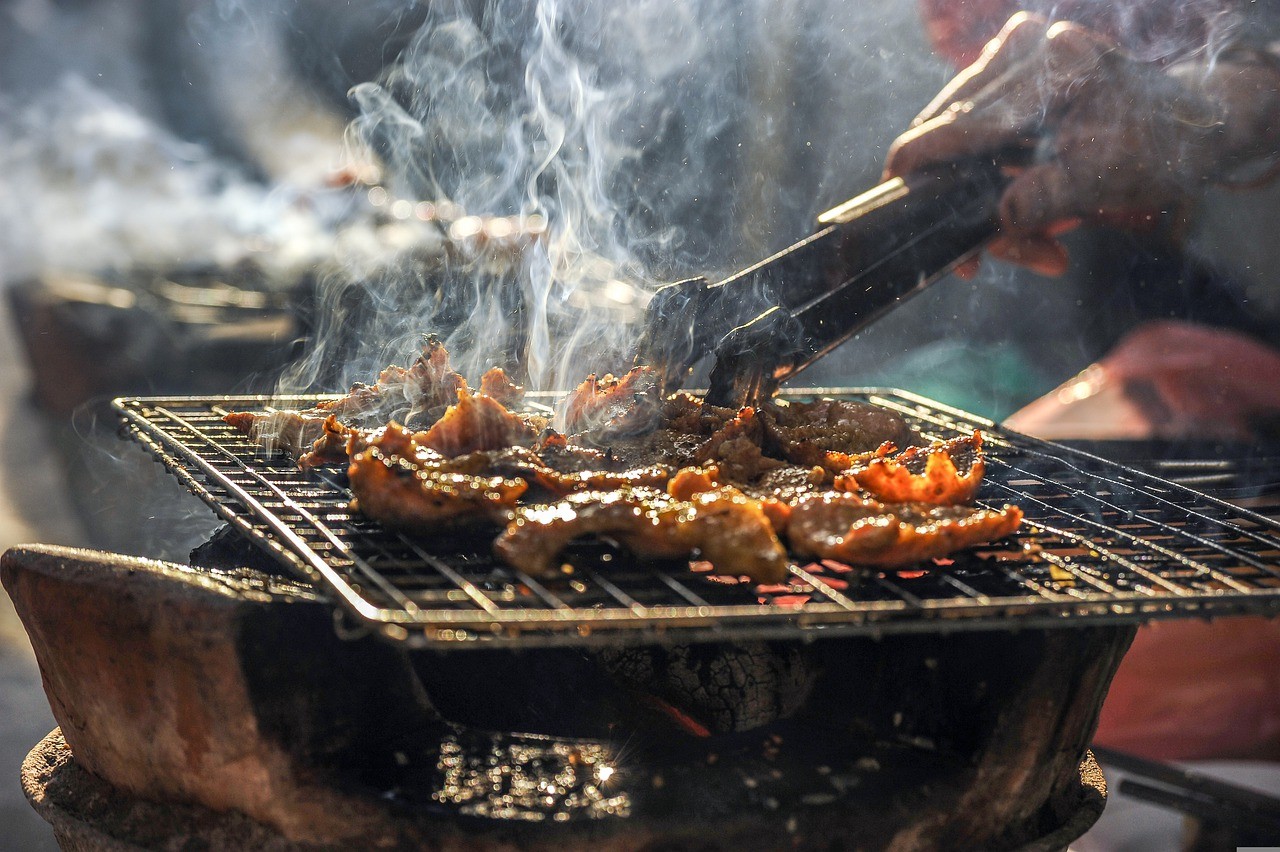Dad trained me to salivate properly. Thanks to him, I understood the glands must be fully activated in specific situations, for educational reasons and not to get excited just for the sake of it.
The mint leaf in the ice cream.
The secret message inside the nougat.
The crimson of the tenderloin.
All of these are my father’s renditions of the final bite. Every time he ate, Dad would move forward and struggle to find that ‘munch’ in order to preserve it. One might think that such a valuable act would result in a neat self-compensation, but this wasn’t the case. The effect of the process usually had a lavish reward. It would go to him, but more often than not, it would also go to me.
When my turn arrived, the timing was precise. Just enough to create a prelude, but always keeping the ‘organolepticity’ intact. I could see the food approaching my mouth and it was always exquisite. However, the “magnum opus” of this ritual was the eggs. Delicacies that, to the surprise of my family structure, were made by my father on limited occasions. His participation in the unfolding made it even more valuable. Therefore, and thanks to their scarce periodicity, it could be said that the Sunday eggs came in small measure.
The morning came and of course, my father didn’t wait. He would make them for himself, as well as for whoever was next to him. I was always there. Perhaps unconsciously, but instinctually certain questions would cross his mind when preparing the eggs, which 9 out of 10 times, were fried. Tempura-like crispy edges? The white with or without craters? What do I expect from the yolk this time?
The process advanced mostly by instinct and lasted a maximum of 3 minutes. It always started with the butter, melted over low and slow heat. The sounds began, and he still did nothing, as if he somehow knew what the ingredients needed. From the audible to the visual. Little or no color in the egg whites, the yolk completely free of rough areas, and at the end, my favorite part, the “basting”. Buttery rain on the egg. Once, twice and even three times. The effect was always beneficial thus, receiving the egg was synonymous with triumph. When the tasting part arrived Dad activated his skills, teaching me to save the yolk for the end. I, the winner, got two of these prizes every other Sunday.
It was one of the first times I confronted the idea of tradition. I never found out where it came from and would feel strange asking for it (Dad isn’t inquisitive, but rather experienced). So, every other Sunday he would break his patriarchy, his schedule, and his time. He would put on his apron, all by himself, just for the egg ceremony.
In the religious realm, one of the major differences between Protestants and Catholics is the view regarding scripture and how it relates to tradition. Catholics believe in both, while Protestants have related only to “sola scriptura”; that is scripture as the only element of reference. Tradition is seen as a set of truths passed down from generation to generation, mainly told by prophets and apostles, while scripture becomes an infallible rule.
Catholic religion establishes that the foundations and principles are found in scripture, but tradition is important since there are certain peculiar truths or doctrines, far from the normative, that are found only in that sphere. If a person is rooted only by the rule, it loses sensitivity to certain teachings that elevate human quality. In spite of this, it is necessary to know how to identify traditions, since many of them (instituted by the organizations of the day) have been fabricated with clear political or cultural intentions; Making them less reliable than they presume.
It is inevitable to ask if someone in a specific period took the time to build something with an intention in mind? Are we not fully entitled to reconstruct it, reformulate it or at least adapt it to”The Contemporary”?
I understand and respect the value of tradition. It touches, connects, and expands us. The tradition of the final bite touched me, I felt so much love. It connected me as it was something I shared with my father and expanded my understanding, thanks to the desire of wanting to carry this sentiment with me. I understood that to keep it, it must be consistent, practiced, but, above all, open to change.
Jesús Maestro, a Cervantes researcher, provides further insight regarding the relationship of the human being with lores and myths. Assuming a foreign philosophy without any type of reinterpretation not only subordinates oneself but does something more revealing, which is the inability to be contemporary. The ideologies that have been constructed by other people before us are explained by the chronotope of that same one, but they no longer allow us to explain the world in which we operate. This is generally overlooked by those who blindly adhere to a system of thought, be it religious or political. It seems important for me to protect the idea that the system of interpretation of someone who has lived before is not useful to face the world in which we are ourselves. Everything needs a constant updation or transmutation.
I don’t seek to be a clone of my master, my father. I look for originality, even in the most immovable precepts. I insist on endowing even the most ancient and considered tradition with my own values. No matter how small the drop, it all adds up. This is with the intention that they survive over time and have an impact on the ritual itself. I don’t seek to frustrate myself, on the contrary, I aim to let go calmly and understand that for my father it’s the final bite, and for me, it will be something else.

